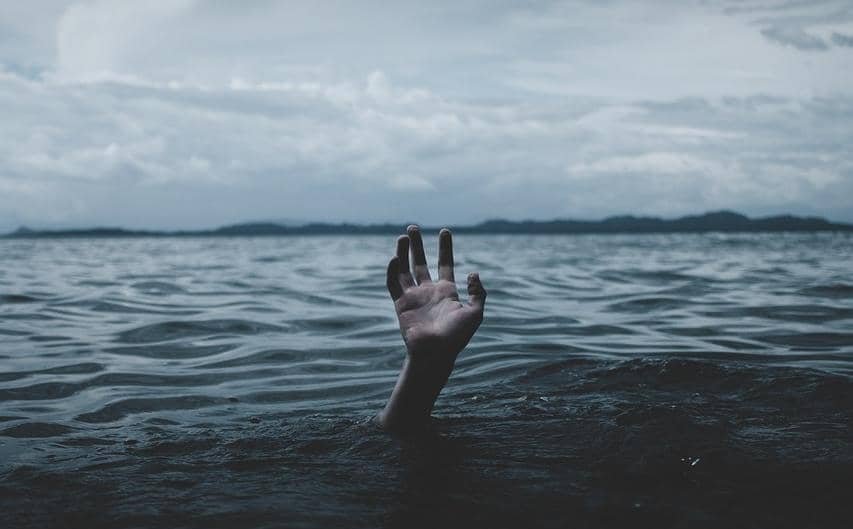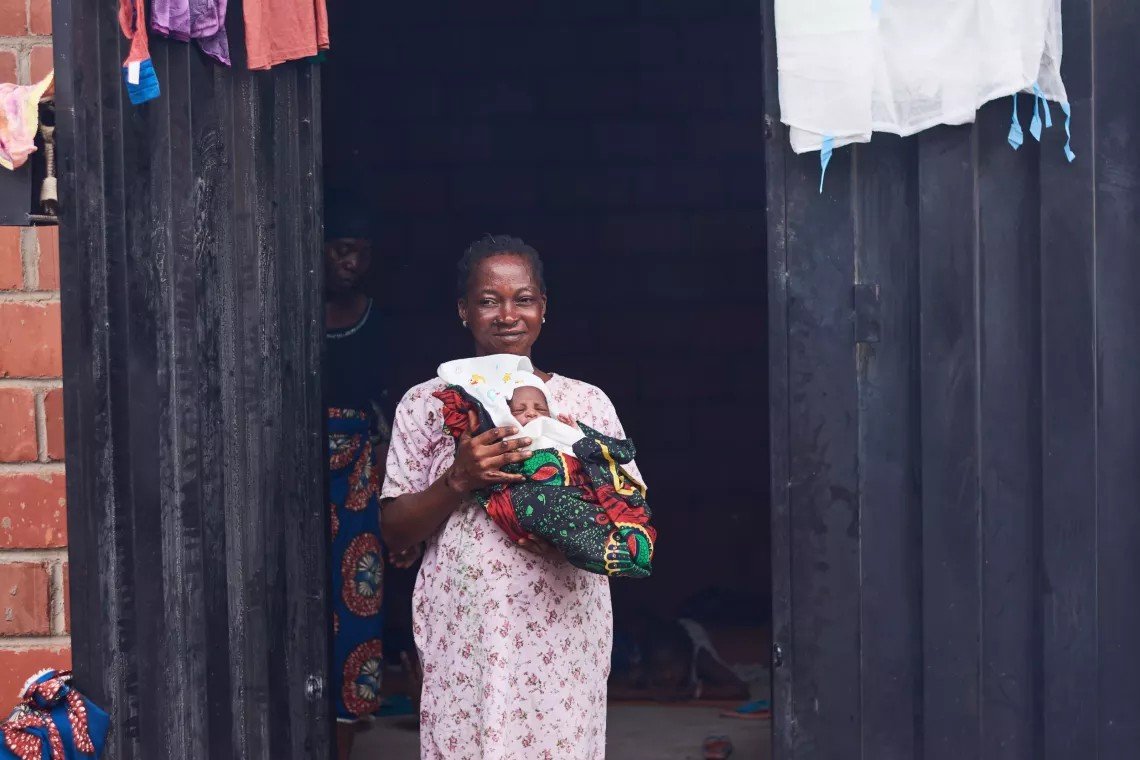UNICEF WARNS OF “SILENT CRISIS” AS DROWNING BECOMES LEADING THREAT TO CHILDREN

United Nations Children’s Fund (UNICEF) has raised a red flag on the silent but deadly threat of drowning, especially among children under the age of five. The organization emphasized that drowning is among the top 10 causes of death in people aged 1 to 24.
In a statement released by UNICEF, it stated how many children are dying due to preventable water-related incidents. “Drowning happens quickly, quietly, and often goes unnoticed— but with the right precautions, every one of these deaths could be avoided,” the statement revealed.
SIX KEY TIPS TO PREVENT DROWNING SHARED BY UNICEF
UNICEF outlined a set of crucial safety practices that can dramatically reduce the risk of drowning:
- Train in CPR and Rescue Skills
“Caregivers should know how to respond in an emergency without endangering themselves,” UNICEF advised.
- Supervise Children Constantly
“Being distracted, even for a moment, can cost a life,” the agency warned. They stressed the importance of undivided attention near any water.
- Install Barriers Around Water Sources
“Pools, ponds, and open wells should be fenced or covered,” UNICEF water safety experts stated. “Empty containers and bathtubs after use,” they added.
- Provide Safe Play Areas Away from Water
UNICEF highlighted the role of community daycare centers in keeping toddlers engaged and safely away from water hazards. “Every child over six should know how to swim,” the agency declared, urging schools and communities to make lessons more accessible.
- Prepare for Bath Time
“Never leave a child unattended in the tub— even for a moment,” a UNICEF representative cautioned, noting that drowning can occur silently in less than 30 seconds.
- “Throw, Don’t Go”
UNICEF underscored that untrained individuals should avoid jumping in to rescue someone. “Always try to use a floating object or a long item to pull the person in distress to safety. Entering the water without training puts you at risk of drowning, too,” they advised.
A health worker quoted in the release added, “You only have seconds to act— keeping a phone nearby and knowing who to call can save a life.”
COMMUNITIES MUST ACT NOW
UNICEF has called on parents, local authorities, educators, and global partners to scale up efforts in water safety education and infrastructure. “Every child deserves to grow up safe — not fearful of a riverbank, bathtub, or swimming pool,” the organization stated.
The agency reiterated that most drowning deaths are entirely preventable with proper planning, training, and community action.









